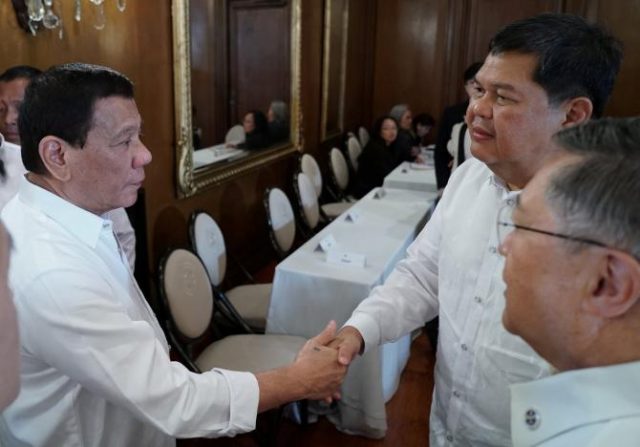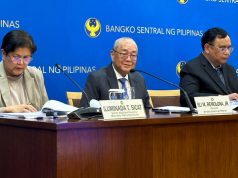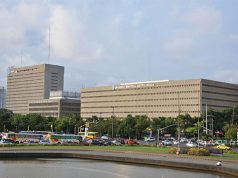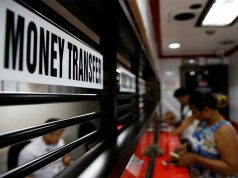
(UPDATE – 12:07 p.m.) Incoming Bangko Sentral ng Pilipinas governor Nestor Espenilla said on Tuesday markets should expect a lot of continuity in terms of monetary policy and reforms when he takes over in July.
Espenilla was named Monday the next BSP to take over from Amando Tetangco when he steps down in July after 12 years, having served a maximum two terms.
“I’m very fortunate that we are really building on very strong foundations and excellent organization that was created by Governor Tetangco,” Espenilla told news channel ANC.
“You should expect a lot of continuity in what we have been doing in the way we manage our monetary policy, the way we supervise the financial system. But at the same time I’d like to look at it as a continuity ‘plus plus’.”
Overseen by Tetangco, monetary policy and reforms kept the Philippines’ banks sound, the peso and inflation stable and sustained the country’s strong economic growth.
Analysts have largely praised the appointment of 58-year-old Espenilla whose many years with the central bank they say would help him to hit the ground running when he starts work on July 2. Espenilla is currently deputy governor in charge of banking supervision.
Espenilla has driven many of the country’s recent banking reforms, including raising minimum capital requirements, improving financial transparency, and overhauling mismanaged banks.
He also told ANC that he would continue the central bank’s advocacy for relaxing the bank secrecy law and said he was committed to promoting financial inclusion and competition in the financial system.
“To me, the plus element really is to find innovative ways to make our financial system even more responsive to the broader Philippine community,” he said.
Espenilla’s appointment came just days before the central bank holds its next policy meeting on Thursday.
The central bank is widely expected to leave its benchmark interest rate unchanged at 3.0 percent. It has not tweaked policy settings since it raised the main rate by 25 basis points in September 2014.
Asked on his outlook for monetary policy, Espenilla said he does not “really like to characterize things in terms of dovishness and hawkishness.”
“We rely a lot on data and we will continue to sharpen our analysis and react accordingly,” he added.
Monday’s announcement of his appointment at the presidential palace apparently came as a surprise to Espenilla, who said there was “very tough competition” for the job.
“I basically was asked to go to Malacanang yesterday and after that it went very quickly already and then before I knew it, I was being announced,” he said.








